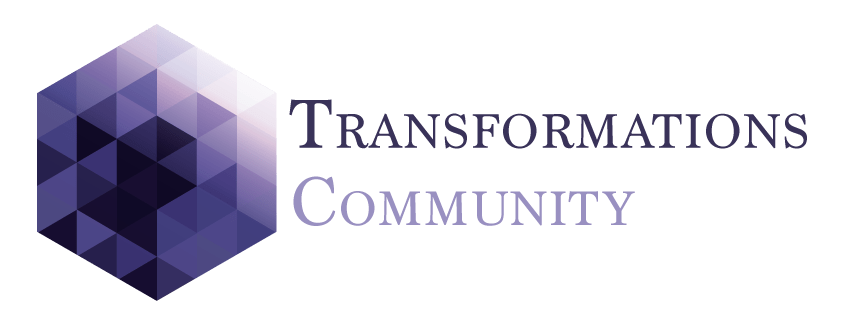Virtual Workshop Series
Welcome to Transformations
Community Workshops!
Our workshops spark meaningful conversations and innovations in sustainability and personal transformation.
Join us for upcoming sessions to explore cutting-edge topics and foster transformative change.
Explore our past workshops for valuable insights and impact.
Host a Workshop with
Transformations Community!
Join our community and lead a workshop to inspire positive transformations!
If you’re interested in collaborating on co-hosting a workshop with us, please reach out to Thomas at thomas@transformationscommunity.org
Take a look at our past workshops:

An Exploration of Energy Systems Practice for Just and Thriving Futures
The recent interactive online session offered an in-depth exploration of “Energy Systems Science,” a transdisciplinary field that focuses on the movement and exchange of energy in the creation and regeneration of living systems. Participants explored how energy systems practices can support the resurgence of equitable wellbeing across various sectors, including education, food, health, and economic systems, ultimately contributing to just and thriving futures.
Imagining better futures: using the seeds approach in an adapted Manoa method
Learn how to envision a more desirable future that is based on “seeds”, which are exciting but marginal things that are already happening in the world. Starting with the seeds, you will use a “future wheel” technique that projects what these seeds could look like in the far future and explores their significance from a social, technological, environmental, economic, political, and values perspective. You will then connect your seeds with others teams to explore a future world.


Assessing Food Systems Sustainability
Learn about food sustainability assessment and mapping, and then examine a specific case/food system and conduct the first steps of a participatory food system assessment and identification of leverage points. Breakout groups co-created a common understanding of a specific food system, evaluated a set of sustainability indicators for assessing the state of sustainability within a specific food system, and considered how to design, plan and implement effective interventions. The video concludes with a plenary where we compared and discussed our different outcomes.
Mobilizing Collective Agency through Technologies of the Self in Transformation Labs
This workshop focused on two tools to raise participants’ awareness about their actual and potential social-ecological agency for transformation, called “Ego-nets” and “Avatars”.

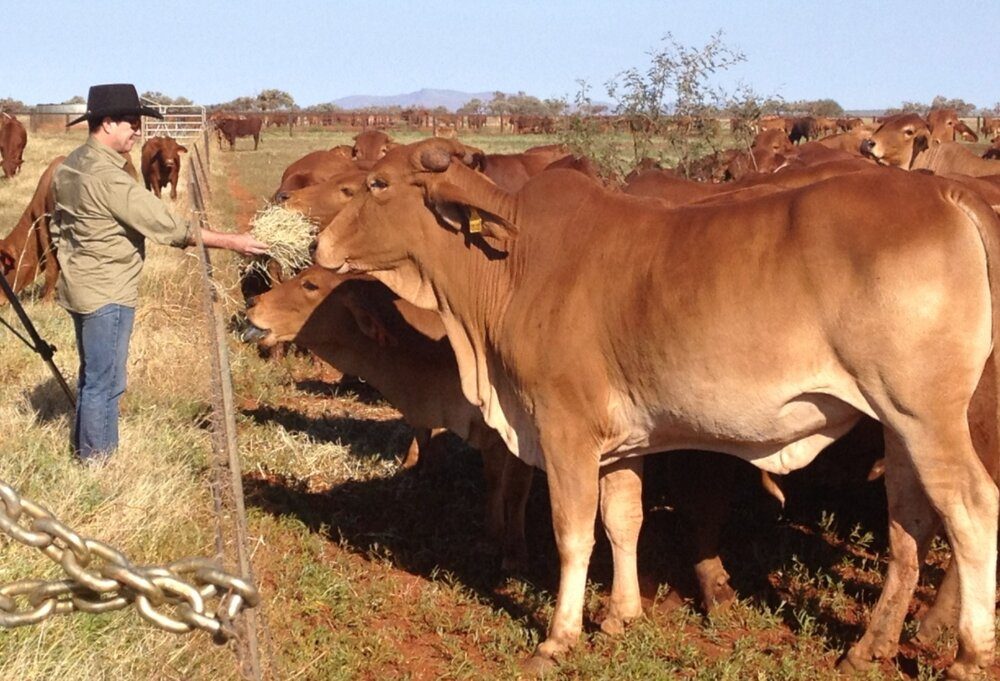
Embedding Resilience, Adaptation and Transformation in Interventions for Sustainability
Learning to apply the Resilience, Adaptation Pathways and Transformation Approach (RAPTA) to address complex problems.
This workshop looks at what RAPTA is and how and when it can be applied. RAPTA is then used for a quick system description and analysis and applied to COVID impacts on the food supply chain and international travel. From there, both broad and detailed options are considered for future pathways. Wrap up with a plenary discussion.
An Exploration of Energy Systems Practice for Just and Thriving Futures
The recent interactive online session offered an in-depth exploration of “Energy Systems Science,” a transdisciplinary field that focuses on the movement and exchange of energy in the creation and regeneration of living systems. Participants explored how energy systems practices can support the resurgence of equitable wellbeing across various sectors, including education, food, health, and economic systems, ultimately contributing to just and thriving futures.
Imagining better futures: using the seeds
approach in an adapted Manoa method
Learn how to envision a more desirable future that is based on “seeds”, which are exciting but marginal things that are already happening in the world. Starting with the seeds, you will use a “future wheel” technique that projects what these seeds could look like in the far future and explores their significance from a social, technological, environmental, economic, political, and values perspective. You will then connect your seeds with others teams to explore a future world.
Assessing Food Systems Sustainability
Learn about food sustainability assessment and mapping, and then examine a specific case/food system and conduct the first steps of a participatory food system assessment and identification of leverage points. Breakout groups co-created a common understanding of a specific food system, evaluated a set of sustainability indicators for assessing the state of sustainability within a specific food system, and considered how to design, plan and implement effective interventions. The video concludes with a plenary where we compared and discussed our different outcomes.
Mobilizing Collective Agency through Technologies
of the Self in Transformation Labs
This workshop focused on two tools to raise participants’ awareness about their actual and potential social-ecological agency for transformation, called “Ego-nets” and “Avatars”.
Embedding Resilience, Adaptation and Transformation in Interventions for Sustainability
Learning to apply the Resilience, Adaptation Pathways and Transformation Approach (RAPTA) to address complex problems.
This workshop looks at what RAPTA is and how and when it can be applied. RAPTA is then used for a quick system description and analysis and applied to COVID impacts on the food supply chain and international travel. From there, both broad and detailed options are considered for future pathways. Wrap up with a plenary discussion.

Curtis Ogden
Senior Associate, Interaction Institute for Social Change

Keith Bergthold
Urban planner and community organizer, Regenerate California
The recent interactive online session offered an in-depth exploration of “Energy Systems Science,” a transdisciplinary field that focuses on the movement and exchange of energy in the creation and regeneration of living systems. Participants explored how energy systems practices can support the resurgence of equitable wellbeing across various sectors, including education, food, health, and economic systems, ultimately contributing to just and thriving futures.
Highlights from the Session
The session underscored the importance of energy systems practice, which emphasizes the understanding and harnessing of various energy flows—such as information, ideas, nutrients, monetary currencies, and emotions—to create and sustain health-producing systems. By identifying and working with these critical flows, participants discussed strategies to promote holistic regenerative development.
Key Learnings
Experiential Understanding
Explore the principles of energy systems practice and how energy movement and exchange support the creation and regeneration of living systems.
Field Co-evolution
Share and learn about practices for facilitating energetic flows in food, public health, education, economic development, and other systems.
Network Connections
Meet others interested in becoming adept “energetic weavers” to support a more beautiful world.
Personal Practice Development
Gain insights to apply energy systems practice to your projects, evolving your work with new approaches for energy management that foster holistic and sustainable development.

Related reads
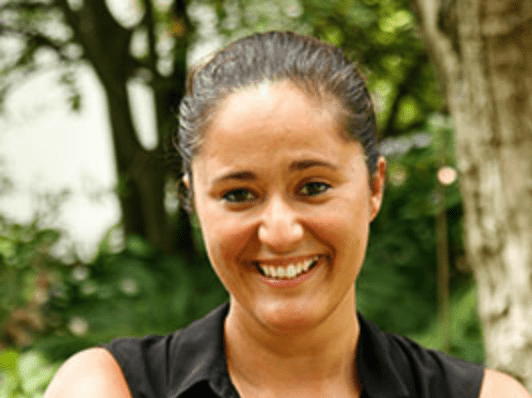
Dr. Laura Pereira
Imagining better futures: using the seeds
approach in an adapted Manoa method
Photo:Becca Romine – Unsplash
Learn how to envision a more desirable future that is based on “seeds”, which are exciting but marginal things that are already happening in the world. Starting with the seeds, you will use a “future wheel” technique that projects what these seeds could look like in the far future and explores their significance from a social, technological, environmental, economic, political, and values perspective. You will then connect your seeds with others teams to explore a future world.
Read More
The Manoa mash-up method originated for use in the Seeds of Good Anthropocene’s project. It has been adapted for us in the Global Environmental Assessment- GEO6 report and in the Intergovernmental Science-Policy Platform for Biodiversity and Ecosystem Services (IPBES).
Dr. Laura Pereira is a sustainability scientist based at the Centre for Food Policy at City University, London and the Stockholm Resilience Centre. Laura is interested in sustainability transformations in the Global South, focusing on food systems and biodiversity conservation. Laura and her colleagues wrote a paper describing this technique in the journal Ecology and Society. Here is a Video of the process.

Johanna Jacobi

Theresa Tribaldos
Assessing Food Systems Sustainability
Photo: Ella Olsson – Unsplash
Learn about food sustainability assessment and mapping, and then examine a specific case/food system and conduct the first steps of a participatory food system assessment and identification of leverage points. Breakout groups co-created a common understanding of a specific food system, evaluated a set of sustainability indicators for assessing the state of sustainability within a specific food system, and considered how to design, plan and implement effective interventions. The video concludes with a plenary where we compared and discussed our different outcomes.
Read More
We have co-developed and refined this new methodology together with partners in six countries in Latin America and Africa in a transdisciplinary research project (“Towards Food Sustainability”). Food system transformation is not only key to achieving several of the Sustainable Development Goals, but also addresses normative questions such as cultural traditions or individual food preferences.
Johanna Jacobi has been coordinating the “Towards Food Sustainability” project at the University of Bern since 2015. Based in Bolivia, she conducts research on food sustainability and resilience and is a member of the Latin American Scientific Society of Agroecology (SOCLA).
Dr. Theresa Tribaldos is a senior research scientist at the University of Bern’s Center for Development and Environment. Her work experience includes consultancy in agricultural and regional development in Switzerland and her research focuses on the sustainability of food systems and inequality and justice aspects in their transformations. Transdisciplinary research approaches play an important role in her work.

David Manuel-Navarrete
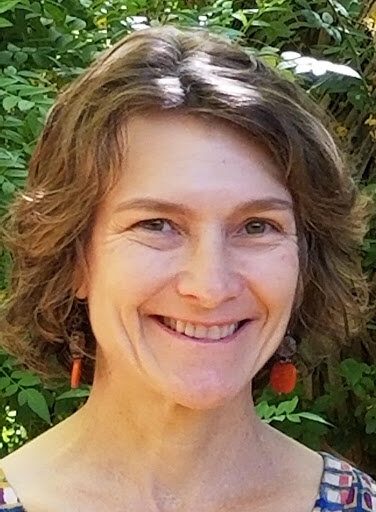
Hallie Eakin
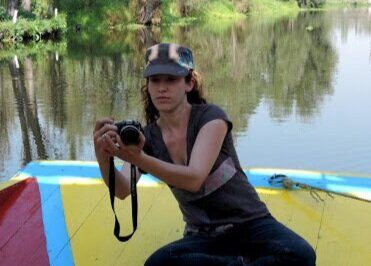
Lakshmi Charli-Joseph
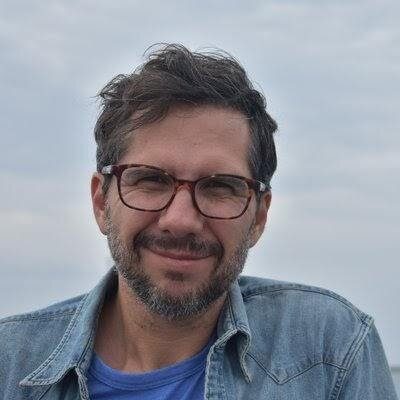
J. Mario Siqueiros-García
Mobilizing Collective Agency through Technologies
of the Self in Transformation Labs
Photo: Tim Umphreys – Unsplash
This workshop focused on two tools to raise participants’ awareness about their actual and potential social-ecological agency for transformation, called “Ego-nets” and “Avatars”.
These two tools are part of a suite of participatory research practices that support effective Transformation Labs (T-Labs), which are participatory spaces to activate and mobilize collective agency and intentions in relation to a stagnant sustainability challenge. T-Labs were developed and implemented in the context of ISSC “Transformative Pathways to Sustainability” Project (PATHWAYS Network).
Read More
David Manuel-Navarrete is an associate professor in sustainability at Arizona State University. He studies subjective dynamics in coupled social-ecological and technological systems, and sustainability transformations. His most recent research explores adaptation, resilience, and transformation of water infrastructures in Mexico City, and the promotion of indigenous languages to advance sustainability in the Amazon.
Hallie Eakin is in the School of Sustainability and an affiliated professor in the School of Urban Planning and Geographical Sciences and the School for the Future of Innovation in Society at Arizona State University. Professor Eakin’s research interests include household vulnerability and the sustainability of adaptations to global change, social-ecological resilience and integration of risk into development planning, the governance of telecoupled systems, rural development, sustainable food systems, agricultural change, and food sovereignty.
Lakshmi Charli-Joseph has been involved for the past twelve years in educational and capacity building projects related to wetland management, water governance, and sustainability science. She currently works at the Laboratorio Nacional de Ciencias de la Sostenibilidad-IE, Universidad Nacional Autónoma de México (LANCIS-IE-UNAM) in stakeholders’ engagement, and transformation to sustainability in Mexico.
J. Mario Siqueiros-García is a researcher at the Instituto de Investigaciones en Matemáticas Aplicadas y en Sistemas, Universidad Nacional Autónoma de México (IIMAS-UNAM). He is an anthropologist working in complex systems, complex networks, social sciences and computational modeling.
They are all members of the STEPS Center’s North American Hub, which is part of the STEPS Centre’s Global Consortium.
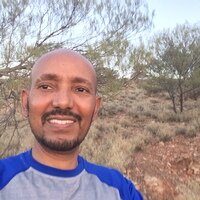
Dr Yiheyis Taddele Maru
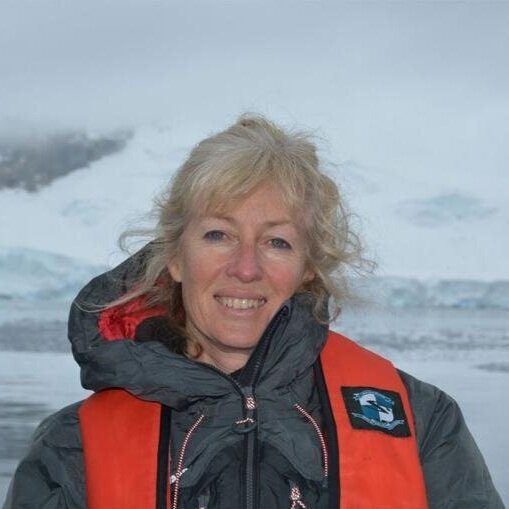
Deborah O'Connell
Embedding Resilience, Adaptation and Transformation in Interventions for Sustainability
Photo Sources – CISRO
Learning to apply the Resilience, Adaptation Pathways and Transformation Approach (RAPTA) to address complex problems.
Read More
This workshop looks at what RAPTA is and how and when it can be applied. RAPTA is then used for a quick system description and analysis and applied to COVID impacts on the food supply chain and international travel. From there, both broad and detailed options are considered for future pathways. Wrap up with a plenary discussion.
RAPTA addresses resilience, adaptation and transformation by assisting in defining action steps and creating robust and effective plans, partnerships and pathways. Interventions identified through RAPTA can contribute to resilience, adaptation or/and transformation of systems in the face of stresses and/or shocks such as the COVID-19 pandemic, as well as deep uncertainty about the future.
Dr. Yiheyis Taddele Maru is a social-ecological systems research scientist based at Commonwealth Scientific and Industrial Research Organisation (CSIRO) in Canberra at the Black Mountains. Prior to joining CSIRO, Yiheyis had extensive experience in conducting applied systems research and leading sustainable agricultural development and environmental rehabilitation programs in Ethiopia. He has a background in veterinary medicine and was involved in extensive pan-African disease eradication programs. Since he joined CSIRO in 2002, Yiheyis has been conducting research for sustainable indigenous livelihoods and resilient regional development in remote Australia, as well as systems research for food security and agricultural development in sub-Saharan Africa.
Deborah O’Connell specializes in interdisciplinary and implementation sciences, in the last 5 years since joining CSIRO’s social sciences program, Deborah has led teams in international and domestic projects including developing guidelines to embed resilience, adaptation, and transformation into the design of programs and projects for the Global Environment Facility; piloting the guidelines in the design of large food security investments in Ethiopia (funded by and in collaboration with the Stockholm Resilience Centre); and disaster resilience planning in the Pacific and in Australia.
Deborah co-led CSIRO’s contribution to the Australian Vulnerability Profile (commissioned by Emergency Management Australia and the National Resilience Task Force). This project used a co-design approach across many agencies and included the design and delivery of a series of “Deconstructing Disaster” workshops to explore the potential for catastrophic disaster in Australia and address the underlying values and systemic patterns of risk.
More info: RAPTA Version 2: https://research.csiro.au/eap/rapta/. For version 1 and an example of its application please go to this link.
